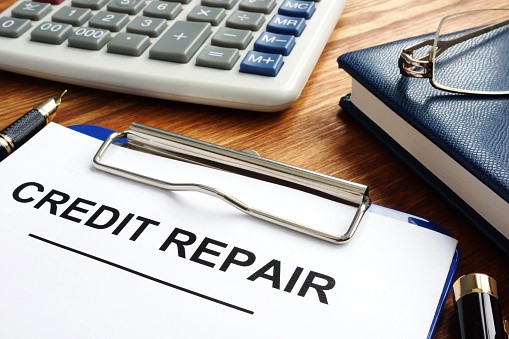
December 20, 2021
Many people seek credit repair in Dallas before they apply for loans as a way to increase their credit score. As you know, the higher your score, the lower the interest you will get. But this is not the only reason to seek credit repair in Dallas.
Credit reports are required during loan applications. But did you know that employers also look at your credit score and history? Of course, they do this with your permission. But will you refuse a potential employer because you have bad credit? Doing so can hinder you from landing a good job.
How to do your own credit repair in Dallas?
You can take the DIY route and do everything on your own. The first thing to do is to get the latest copies of your credit reports. You can request them from the three major credit reporting companies (Experian, Equifax, and TransUnion) through AnnualCreditReport.com. You don’t have to pay for anything as you are entitled to get one from each company every 12 months.
Read through the reports and look for any negative and inaccurate information. Carefully check the transaction history, bill payment history, loans, current debt, and other financial information for errors.
Some of the incorrect information worth disputing are:
- Incorrect information on accounts that aren’t yours
- Payments that have been reported late
- Late and charged off past due accounts
- Maxed-out accounts
If you have identified errors and false information, you have the right to dispute them. You can make disputes online or over the phone or through the mail. Take note that it will take 30–45 days for the credit reporting companies to investigate and respond to your dispute.
When to seek legal assistance
It’s usually best to leave the matters to the experts who have a deep understanding of the federal and state laws that apply to credit repair. You may need to hire a credit repair lawyer if you are facing huge major credit problems such as charge-offs, delayed payments, bankruptcies, tax liens, and judgments.